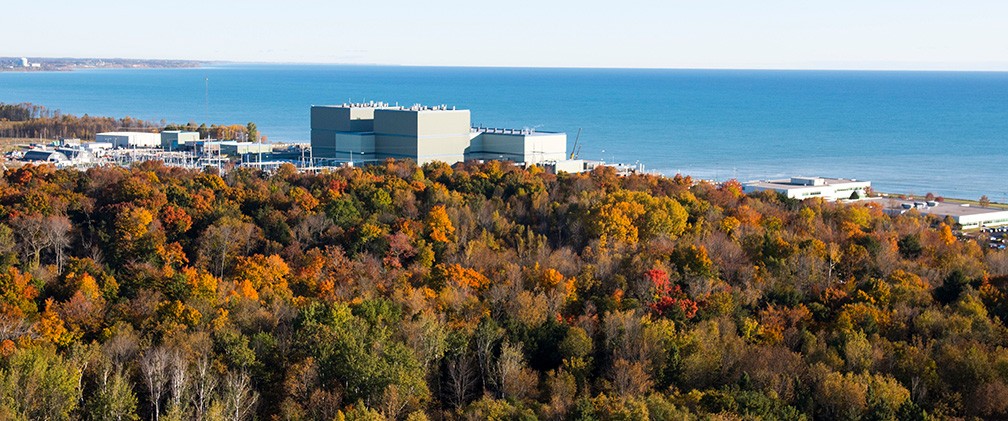The cheapest path to Wisconsin’s zero-carbon pledge is through the readily available technology of reliable, low-emission nuclear energy, according to a UW-Madison professor.
But Wisconsin has just one nuclear energy plant — Point Beach Nuclear Plant in Two Rivers. And nuclear power accounts for 7 percent of the state’s energy supply, according to the Public Service Commission.
Paul Wilson, professor of nuclear engineering, told WisBusiness.com no utilities currently appear to be interested in constructing new reactors in Wisconsin.
“Until the market fully integrates the cost of carbon in some way, as an earnest expression of the goal for a zero-carbon electricity grid, there may not be a market for new nuclear energy in Wisconsin,” he said.
The Kewaunee reactor shut down about seven years ago, based largely on difficulty competing in the electricity market, Wilson said, adding that reactors in some markets have a hard time competing with “very cheap” natural gas. After it closed, the state’s total zero-carbon generation decreased from 28 percent to 25 percent, offsetting gains made by solar and wind.
As of January 2020, zero-carbon energy sources account for approximately 16 percent of capacity, according to the PSC’s latest energy assessment.
The Governor’s Climate Change Task Force has just recommended the state set a goal of 100 percent clean energy for state operations in the next five years and set a target for utilities to cut carbon emissions at least 60 percent by 2030. This is in line with Gov. Tony Evers’ goal for Wisconsin to produce carbon-free electricity by 2050.
But Wilson said nuclear power is needed to achieve that timetable.
“The ideal conditions for more nuclear power will depend on having policies that place a strong enough incentive on low-emission generation,” Wilson said. “Current policies can be satisfied with the modest levels of wind, solar and biogas that have been adopted in Wisconsin, but also will not get us close to making deep cuts in our carbon emissions.”
Existing reactor technology involves large reactors with multibillion-dollar price tags. The only utilities that have started the construction of new reactors since the early 1970s are regulated utilities with a guaranteed rate of return as determined by their public utility or service commission, he said.
State legislation prohibiting the construction of new nuclear power plants was removed almost five years ago. And Wisconsin does have regulated utilities.
“But for about 30 years they were prohibited from considering new reactors and none have been interested in the few years since then, perhaps for a variety of reasons mentioned above,” Wilson said. “The introduction of a price on carbon would make natural gas more expensive and help level the playing field for nuclear energy and other low emission generators.”
Wilson added that new concepts could dramatically shrink the size of reactors, but it’s unclear whether these will result in cheaper electricity. However, they will reduce the amount of money that a utility needs to raise to build a new reactor.
-By Stephanie Hoff
WisBusiness.com

